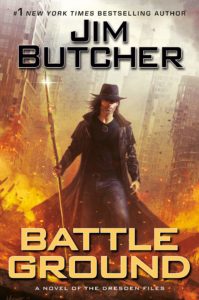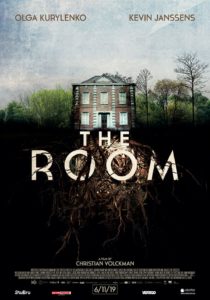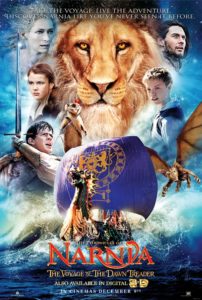 I have logistical thoughts about Battle Ground. Because it’s obvious that this and Peace Talks are in fact one book. Sure, there are one or two structural plot elements to make them feel like they are each a whole book, and that’s a good thing; but if you rearrange those or ditch the plot elements leading to them, you don’t hurt the overall story of the proposed single book. But man would it have been an enormous book, you know?
I have logistical thoughts about Battle Ground. Because it’s obvious that this and Peace Talks are in fact one book. Sure, there are one or two structural plot elements to make them feel like they are each a whole book, and that’s a good thing; but if you rearrange those or ditch the plot elements leading to them, you don’t hurt the overall story of the proposed single book. But man would it have been an enormous book, you know?
All that to say, a three month gap between these books is not bad at all[1], so I’m not complaining exactly, but the delay to get here was… also not insane, but it was large, and what I’m really saying is it reminds me of George RR Martin’s scenario writ in miniature, except you’ll note that after his split in two single book, he never wrote anything else again. So I’m concerned, is the thing.
But back to this actual book. This is a title that delivers. I mean, I guess they both are? Peace Talks was easily 80 percent or more a book about all of the Accorded Nations getting together to hash out a peace, while they could[2]. And Battle Ground is about the moment when that ticking clock has run out. So if what you are looking for from this book is an all out war between Dresden and allies vs the bad guys de l’année, I can assure you that you will get it.
And while you’re getting that, you’ll also get a great deal of broader plot events and character development moments. From all kinds of characters and all kinds of plot directions. This is a legitimately huge book in the greater sequence of the Dresden Files series, and I’m still all wrapped up in it. I know people have turned away from these over the past decade, but for my money, it’s still a very solid piece of story-telling, and I will continue to find out what happens next for as long as I’m able.
More below the footnotes + cut, to be considered at least mild spoiler territory, mostly for the series rather than the book.
[1] Especially at the rate I’ve been reading this year, which is to say that my three new summer books took me basically two thirds of a year. Look, things are and have been weird.
[2] Some of them, it occurs to me, with vastly more hypocrisy than others.

 After recently rewatching the other two Narnia movies[1], I have now proceeded to watch for the first time
After recently rewatching the other two Narnia movies[1], I have now proceeded to watch for the first time